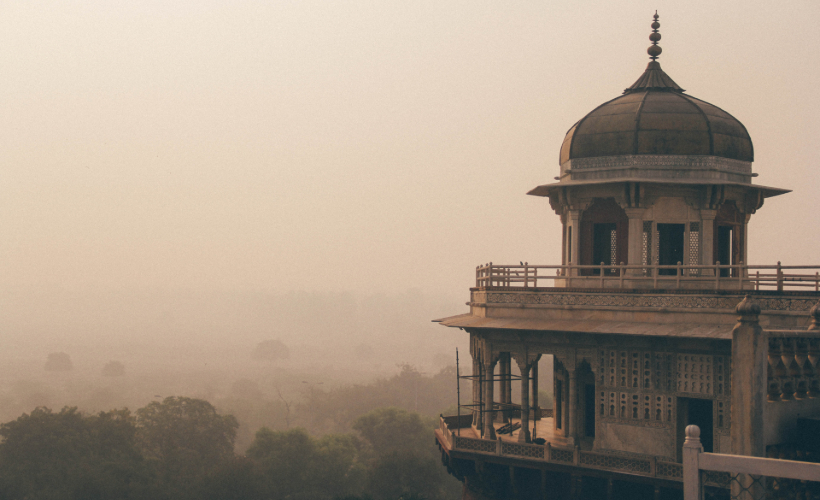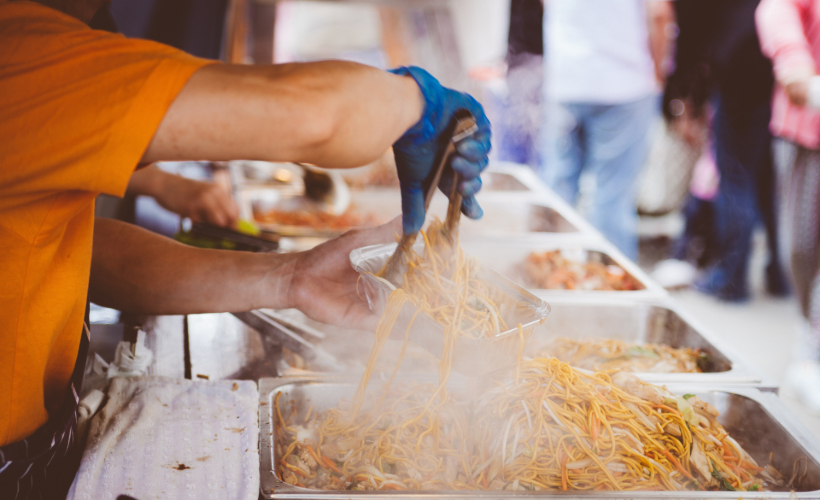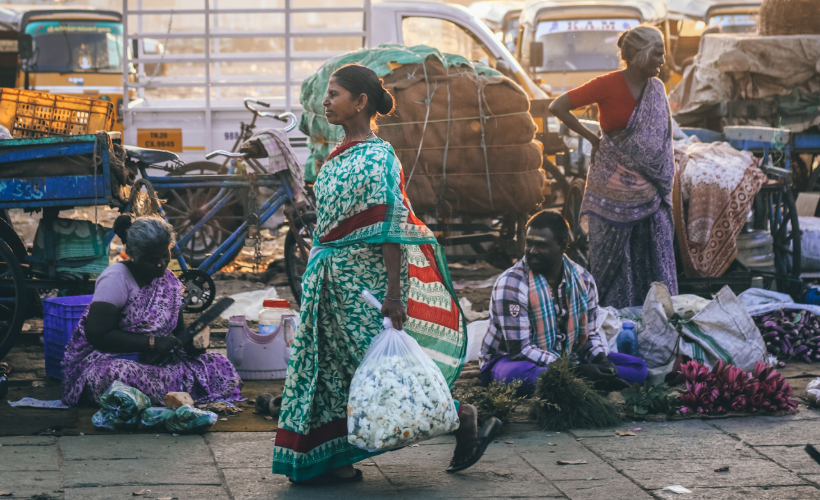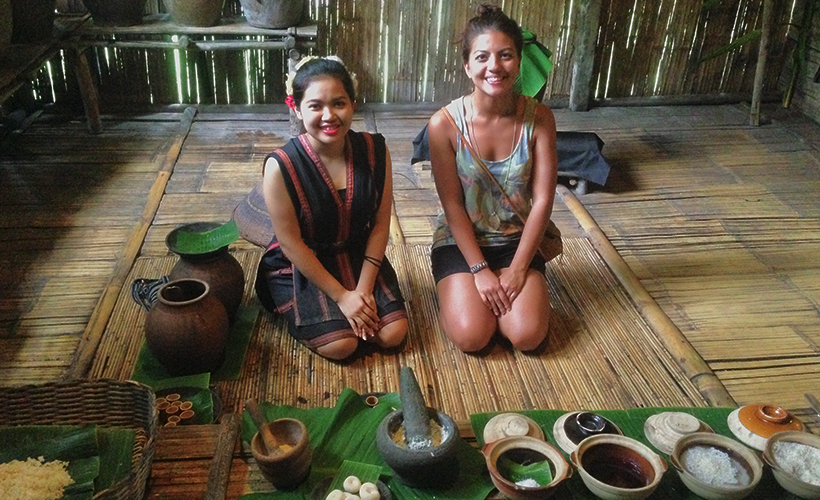
One of the most wonderful things about travelling is the opportunity to learn more about different societies and cultures. Visiting foreign countries isn’t just an excellent means to learn new things but is also a way to make new friends and learn more about them and the way they live. The regions of South Asia and Southeast Asia are traditionalist spots, so learning cultural etiquettes and social norms will keep you from potentially upsetting the locals. Here are some things to be mindful of:
Touching someone’s head
As per Buddhist culture, the head is the most blessed part of the body, so abstain from touching it. This includes patting a youngster or child on the head, especially in Buddhist countries.
Public displays of affection
In most Muslim societies, it’s best to keep away from unnecessary public displays of affection. While handshakes are genuinely a normal form of greeting, some Muslim ladies may shy away from handshakes with men. Let them greet first, and if they just nod and smile, reciprocate the action. Don’t take it personally. It’s just that in Muslim culture, it’s inappropriate for men and women to touch each other if they’re not related.
Use your right hand
Countries with large populations of Hindus and/or Muslims are living often view the left hand as ‘dirty’. So when visiting countries such as Singapore, Malaysia, Indonesia, Pakistan, India, or Bangladesh, be sure to use your right hand for transactions like making a payment, passing someone a business card, or making payment and receiving change. The left hand is normally used in the washroom to clean yourself and therefore considered to be unclean.

Do not show the bottoms of the feet
Ladies sitting on the floor need to be mindful of how they’re seated. Never sit with your legs crossed in front of you, but fold your legs to the side instead. Both men and women ought to abstain from showing the bottoms of the feet which are considered the most unclean part of the body.
If you fold your legs while on the floor or in a chair, don’t point/show your soles towards another individual. Likewise, be careful so as not to use your foot to point at something.
Casual meetings
Generally, meetings are arranged ahead of time and reconfirmed as a courtesy two-three days before the planned meet up. Punctuality is critical, too.
Business etiquette
When meeting someone new, business cards are always passed along face up with both hands. If you get one in return, regard the person giving you their card by reading it before placing it in your pocket or cardholder.
Dressing appropriately

Always dress sensibly. Except while in resorts and tourist areas (for example, Indonesia’s Bali or Thailand’s beaches), showing your navel, chest, or shoulders, or wearing crop tops and miniskirts, will make people stare, and not necessarily in a good way. Shorts may be accepted at the beach, but they won’t be when you’re visiting certain sites (like temples, for instance), so dress to occasion regardless of how hot it is. There are ways you can still be stylish while dressing modestly.
When visiting someone
For reasons of cleanliness, it is necessary to take off one’s shoes when visiting a local’s home. If in-house shoes are offered to you, do wear them. Asians are also known for their generosity and most of them will offer you drinks and snacks when you visit their home. Even if you’re full, it’s not polite to visit someone without at least having a snack and taking a couple of sips.
If your hosts are sitting on the floor, do sit with them as sitting at a higher place might be regarded as impolite. Never step over somebody who’s sitting in your way; rather, walk around them.
When dining
Food, glorious food! It’s one of the things Asia is best known for. The potential for Delhi belly, aside, there are some things to keep in mind when venturing about for a bite. In countries like Indonesia, Malaysia, the Philippines, and Pakistan, it’s common to see people eat with their hands. Always push food into your mouth with your fingers and not the palm of your hand to avoid making a mess. Of course, use your right hand.
If you’re invited as a guest for a meal, you should wait to be advised where to sit before making yourself comfortable at the table. When dining with a family, wait for the eldest member of that family to start eating before serving yourself. Also, never start eating until everyone is at the table and seated. It’s okay to use a toothpick after a meal, but use one hand to cover your mouth while you do so.
Religious etiquette

This rule applies wherever you go, really. When at a place of worship, such as a mosque, temple, or church, dress appropriately. This means no low cut or backless tops, miniskirts, or shorts. Some religious institutions are stricter than others and may require one’s hair, shoulders, and knees to be covered.
Mosques
Check for signs at the entrance. They will usually display their dress code at the front. Some also have assigned doorways and passages for men and women. If you’re a non-Muslim, refrain from visiting during peak prayer times. Finally, don’t touch anyone of the opposite sex while in a mosque (unless you’re married to them or related by blood) as they will need to take ablution again in order to perform prayers.
Hindu temples
When entering a temple, you’ll see that most have raised thresholds as you enter. Always step over them, never on them. It’s believed by Hindus and Buddhists that the thresholds act as barriers to keep out evil spirits. If you’re visiting Hindu temples, don’t wear or carry anything made of leather, as cows are considered sacred. Finally, when seated on the floor, ensure that your feet are not pointed at religious statues or their pictures. This is considered very disrespectful.
Buddhist temples
Ladies should never touch a Buddhist or Hindu priest. It’s believed that doing so will make priests and monks become impure. He will then have to perform cleaning rituals to make himself pure again. When offering monetary contributions to monks, don’t pass it to them directly. Instead, place your contribution in to the charity bowl or donation box provided.


